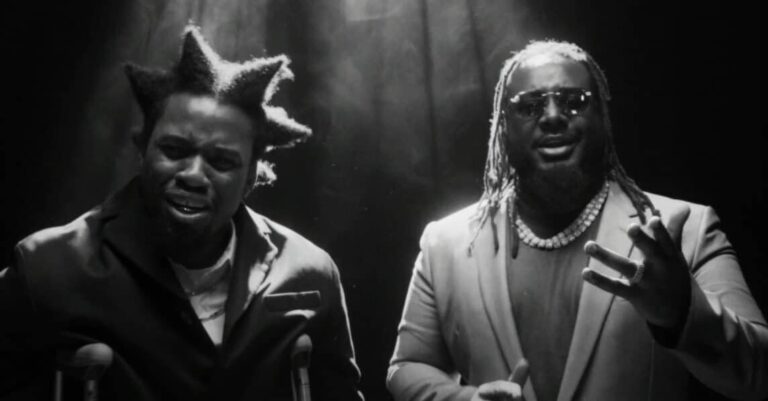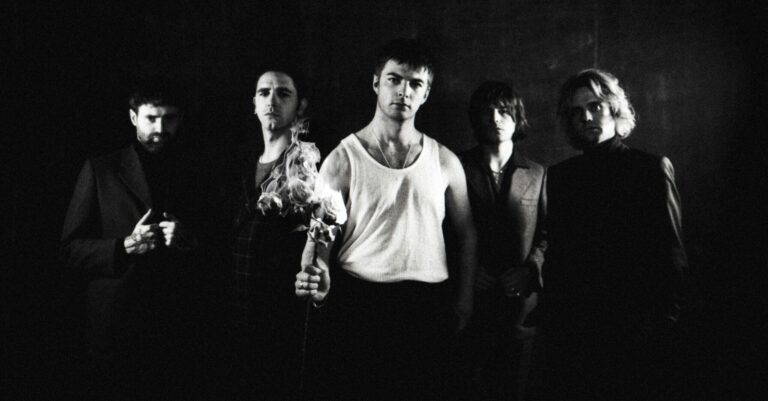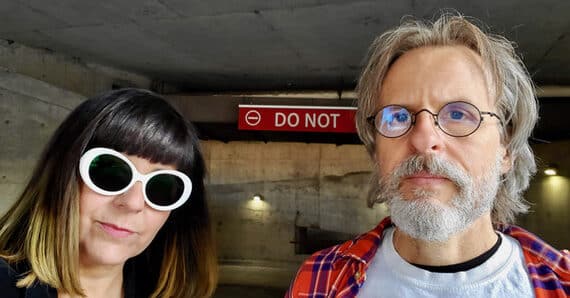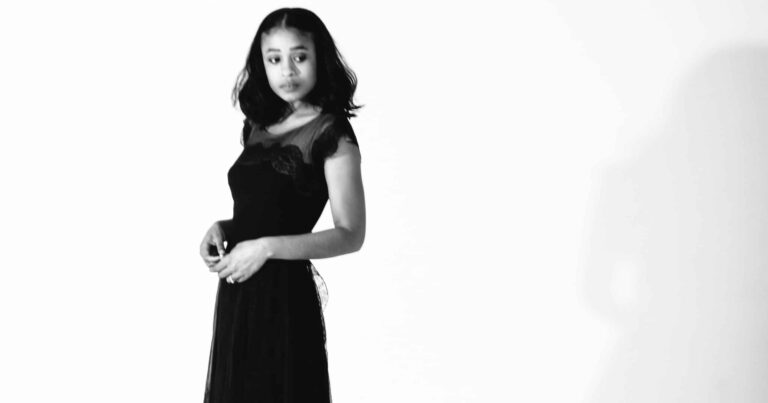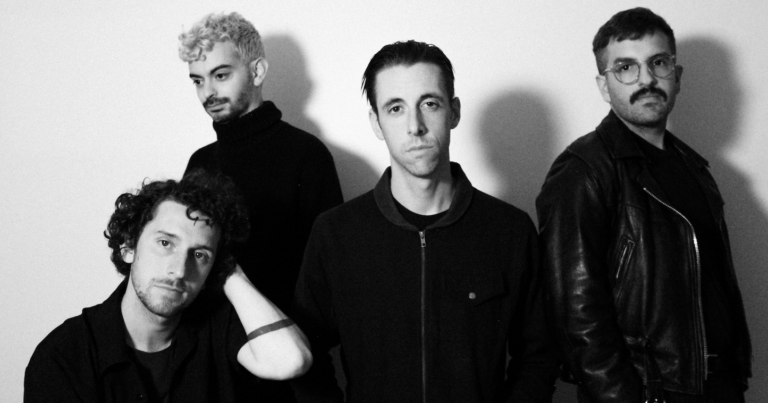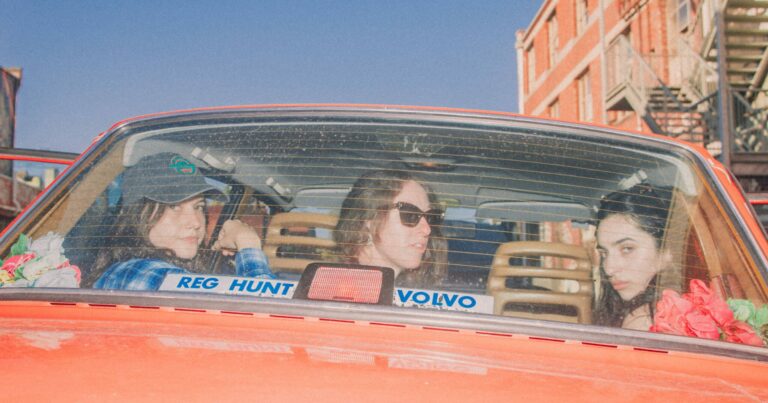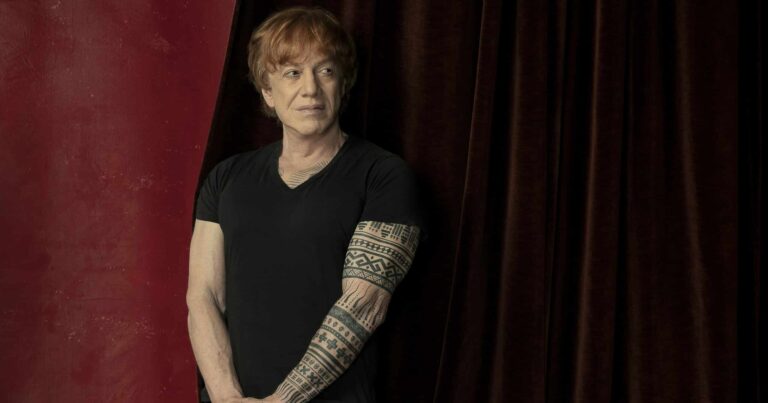The popularity of online betting is only increasing, whether it is through playing a casino game or wagering on the outcome of an event, like a sports match. There are several platforms where a keen gambler can place their online bets, and this simple guide will delve into some of the considerations that you should make before choosing which online betting platform to use. These include the site’s trustworthiness, the range of games available, and whether it has a gambling license, which is a must!
Online gambling these days can be done using cryptocurrencies such as Bitcoin, and this can generate higher-stakes bets and bigger prizes. When gambling with Bitcoin, it is even more important to use a platform you can rely on, and that suits your needs.
What Is Bitcoin?
Bitcoin is a digital currency, or cryptocurrency, which can be traded, bought, and sold online. Its value is known to fluctuate dramatically, which makes it a highly intense and volatile currency to gamble with. However, this also means that you have the potential to win very big in a single day. Moreover, when you do win an online bet using Bitcoin, you can then save the winnings in your online wallet and watch their value continue to increase as the value of the cryptocurrency goes up.
Bitcoin has become a popular currency to gamble with as it offers you anonymity and security online. This means that even government agencies are not able to trace your online gambling movements. Consequently, you can avoid your gambling winnings being subject to taxes or investigation.
How To Choose Your Betting Site
When doing your research for a good, trusted, and secure online Bitcoin betting site, it is very useful to use a comparison tool. You will find several different sites, all offering varying services and perks with online betting, and you could easily become overwhelmed. A great resource is this list of some of the best Bitcoin gambling sites and their individual benefits. By checking out the direct comparison of these platforms, you can make a more informed and sure choice of which to use when placing your Bitcoin bets.
Some of the key factors to consider when selecting your Bitcoin betting site include but are not limited to, the range of cryptocurrencies the site allows you to bet with. This will matter to those keen online gamblers who deal with more than one kind of digital currency. Moreover, bear in mind that some sites will let you play anonymously, while others do not offer this feature. If your online betting habit is something you prefer to keep private, this will be a key consideration for you.
Finally, it is strongly recommended that you look into the trustability of the online gambling site. If you use a dodgy site that has no positive reviews and is not legitimate, you could find that your digital currency is stolen, and if this happens you will not receive a refund. Please ensure that you research your online betting site well and find one that you feel secure using.
Features To Avoid
If you are researching online Bitcoin gambling sites, there are some things you should know to avoid. For instance, a disappointing selection of betting options. You should check out the variety of sports and casino games offered. If the site you are looking into does not offer you the game of your choice, there is no sense in investigating it further.
On top of this, make sure the gambling site seems legitimate and secure. Every gambling site should have an appropriate betting or gaming license from a recognized agency or authority. If it does not boast this feature on its site, it likely does not have the license, and so is not legally allowed to offer gambling services.
Try Bitcoin Betting Today!
Now that you know, in simple terms, what Bitcoin is, how to choose a betting site, and what to avoid, it is time you give online gambling a shot. When choosing your Bitcoin betting site, bear in mind its trustworthiness, security, and legitimacy. Does the site boast a betting or gaming license? Does the site offer a wide selection of games to bet on? And can you use a range of cryptocurrencies, if that feature appeals to you?
Remember, the value of Bitcoin will fluctuate regularly and significantly. If you have Bitcoin winnings sitting in your wallet and the value of the currency is a little low, fear not. Save your Bitcoin gambling winnings and wait for the next upswing in the cryptocurrency’s value. Before you know it, you will have made a lovely profit.
